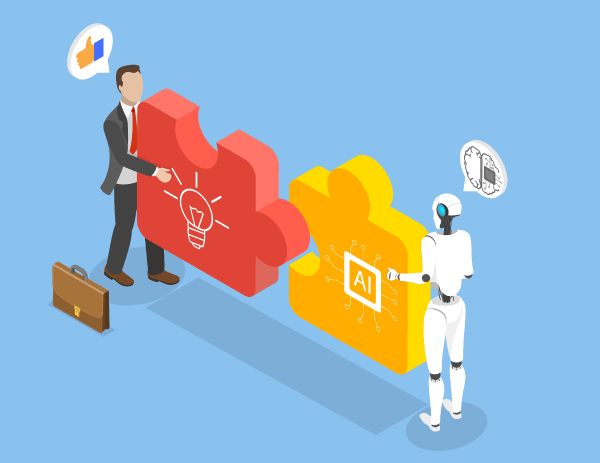TECH

The dream is over: young Americans swap big tech for hospitals
For decades, Google, Apple, Amazon, and SpaceX represented the pinnacle of professional aspirations in the United States. Working for one of these giants was synonymous with innovation, status, and financial security. But this myth is beginning to crumble—and artificial intelligence is largely to blame.
According to a joint report by the National Society of High School Scholars (NSHSS) and Network Trends, three in four young Americans say they prefer working in hospitals and healthcare institutions over joining technology companies. This figure symbolizes a profound shift in values among Generation Z, which now prioritizes stability, purpose, and well-being over corporate prestige.
For years, Silicon Valley was seen as a "talent haven": creative environments, high salaries, and cutting-edge benefits. But this image is eroding. Waves of mass layoffs, constant pressure, and the fear of being replaced by algorithms have shaken young professionals' confidence in the sector. Executives from companies like NVIDIA and Amazon Web Services have already warned that automation could make even software engineers dispensable in the near future. At the same time, generative tools and coding assistants show that some human tasks can now be performed by AI.
"Working with technology is no longer a safe haven," the report summarizes. What once symbolized innovation and freedom now evokes volatility and anxiety.
In numbers: Google, which in 2022 was the 4th most desired company among young people, fell to 7th place in 2024. Apple, Amazon, and SpaceX also saw a decline in preferences, according to data from the What's the Big Data survey.
In the Network Trends study, which surveyed more than 10,000 students, 76% of respondents said they value stability above all other factors—even more than salary (71%), corporate reputation (72%), or company location (75%).
This generation, marked by economic crises and the pandemic, seeks personal coherence and emotional security. Fear of burnout, toxic environments, and endless workdays have driven many young people away from the tech sector. The ideal job, according to those interviewed, should offer purpose, balance, and a real social contribution.
In this context, the healthcare sector is emerging as a professional haven. Doctors, nurses, physical therapists, and hospital technicians are seen as irreplaceable—professions that require empathy, attention, and human connection, qualities that AI is still far from reproducing.
The human factor as an antidote to automation...The report highlights that interest in hospitals is not driven solely by financial stability, but by a desire for relevance. In a world dominated by algorithms and automated productivity, caring for people has become almost countercultural.
Furthermore, the healthcare sector is growing steadily: with an aging population and a shortage of qualified professionals, there is a growing demand for new generations of workers. This reinforces the perception that it is a safe and purposeful field.
This trend, however, is not limited to the United States. The CYD Foundation in Spain recorded a significant increase in enrollments in health and social work programs between 2018 and 2024, while engineering and IT fields are slowing down.
A new generational pact...What's at stake is not just a shift in sectors, but a profound cultural shift. Generation Z no longer sees success as synonymous with technological innovation, but with well-being and human impact.
Young people who grew up surrounded by screens and algorithms are now wary of the future that AI promises—and are seeking a more tangible meaning for their careers. As the NSHSS report summarizes, "for Generation Z, true progress lies not in creating smarter machines, but in ensuring that work remains human."
Source: Infobae

No comments:
Post a Comment